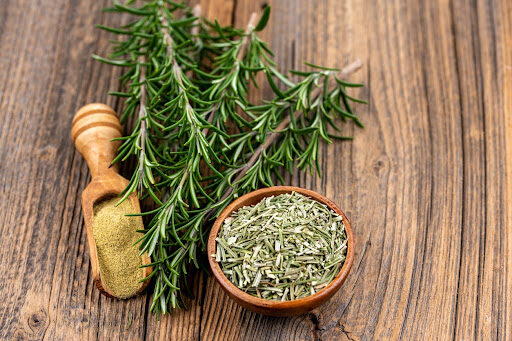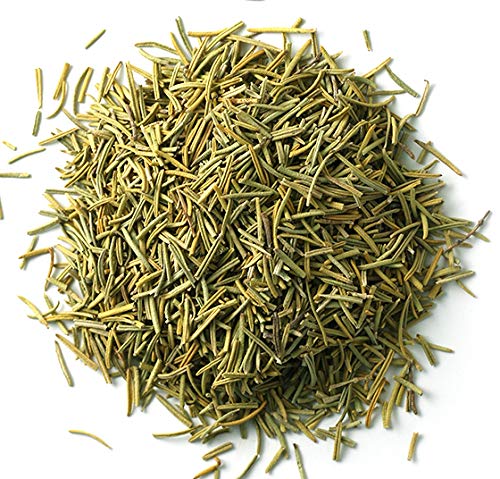
INTRODUCTION
English name: Rosemarry
Urdu name: اکلیل کوہستانی
Scientific name: Rosmarinus officinalis
Rosemary is a fragrant, evergreen herb that belongs to the mint family, Lamiaceae. Its scientific name is Rosmarinus officinalis. Native to the Mediterranean region, rosemary is known for its needle-like leaves and aromatic properties. It is widely used for culinary purposes to flavor dishes, particularly meats and soups, due to its strong, distinctive flavor. Beyond its culinary uses, rosemary has been valued for its medicinal properties, including its potential to improve digestion, enhance memory, and boost overall health. Additionally, it is often used in aromatherapy and as a natural remedy for various ailments.
Benefits
Rosemary offers a range of benefits, both culinary and medicinal. Here are some of its key advantages:
Culinary Benefits:
- Flavor Enhancement: Rosemary adds a distinctive, aromatic flavor to various dishes, especially meats, soups, and vegetables.
- Antioxidants: It contains antioxidants that can help protect the body from oxidative stress and improve overall flavor without adding extra calories.
Health Benefits:
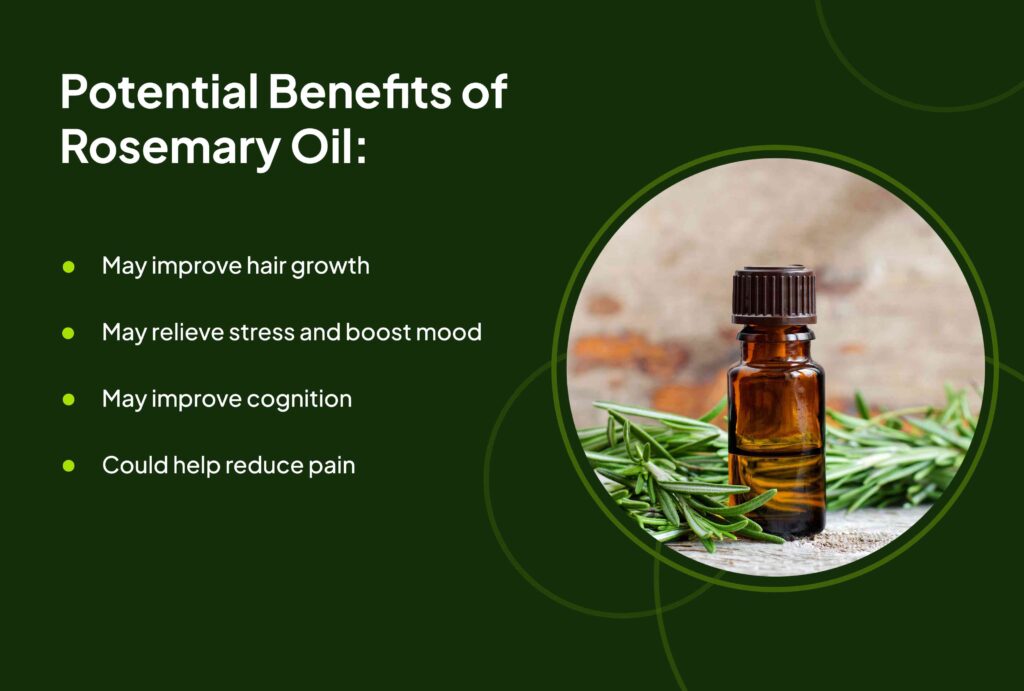
- Memory and Concentration: Some studies suggest that rosemary can improve memory and concentration, possibly due to its aroma and active compounds.
- Digestive Health: It may aid in digestion and reduce symptoms of indigestion and bloating.
- Anti-inflammatory Properties: Rosemary has compounds that may reduce inflammation and alleviate pain.
- Antimicrobial Effects: Its essential oil has antibacterial and antifungal properties that can help fight infections.
- Hair Health: Rosemary oil is used to promote hair growth and improve scalp health.
- Mood Enhancement: The aroma of rosemary is believed to have mood-lifting effects and may help reduce stress.
Other Uses
- Aromatherapy: Rosemary essential oil is often used in aromatherapy to relieve stress, enhance relaxation, and improve mood.
- Skin Care: It is sometimes included in skincare products for its potential to improve skin tone and reduce signs of aging.
Forms
Rosemary can be used in several forms, each suited to different applications:
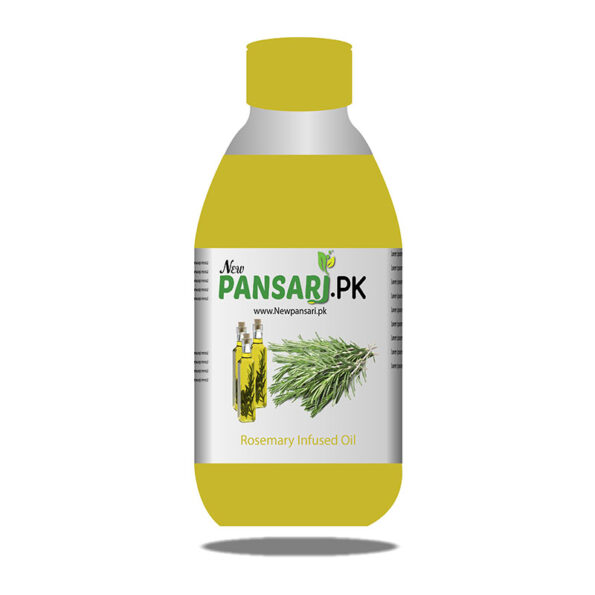
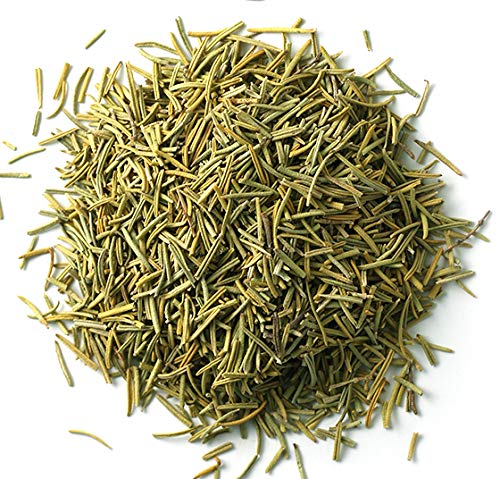
- Fresh Rosemary
- Dried Rosemary
- Rosemary Infused Oil
- Rosemary Essential Oil
- Rosemary Tea
Side Effects
While rosemary is generally safe for most people when used in moderation, it can have some side effects, particularly if used in excess or in certain forms. Here are some potential side effects to be aware of:
- Allergic Reactions
- Skin Irritation
- Gastrointestinal Issues
- Blood Pressure Effects
- Pregnancy and Breastfeeding
This Article is for Basic Information. Contact a professional doctor before using it.
HAKEEM KARAMAT ULLAH
+923090560000



